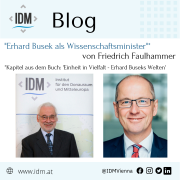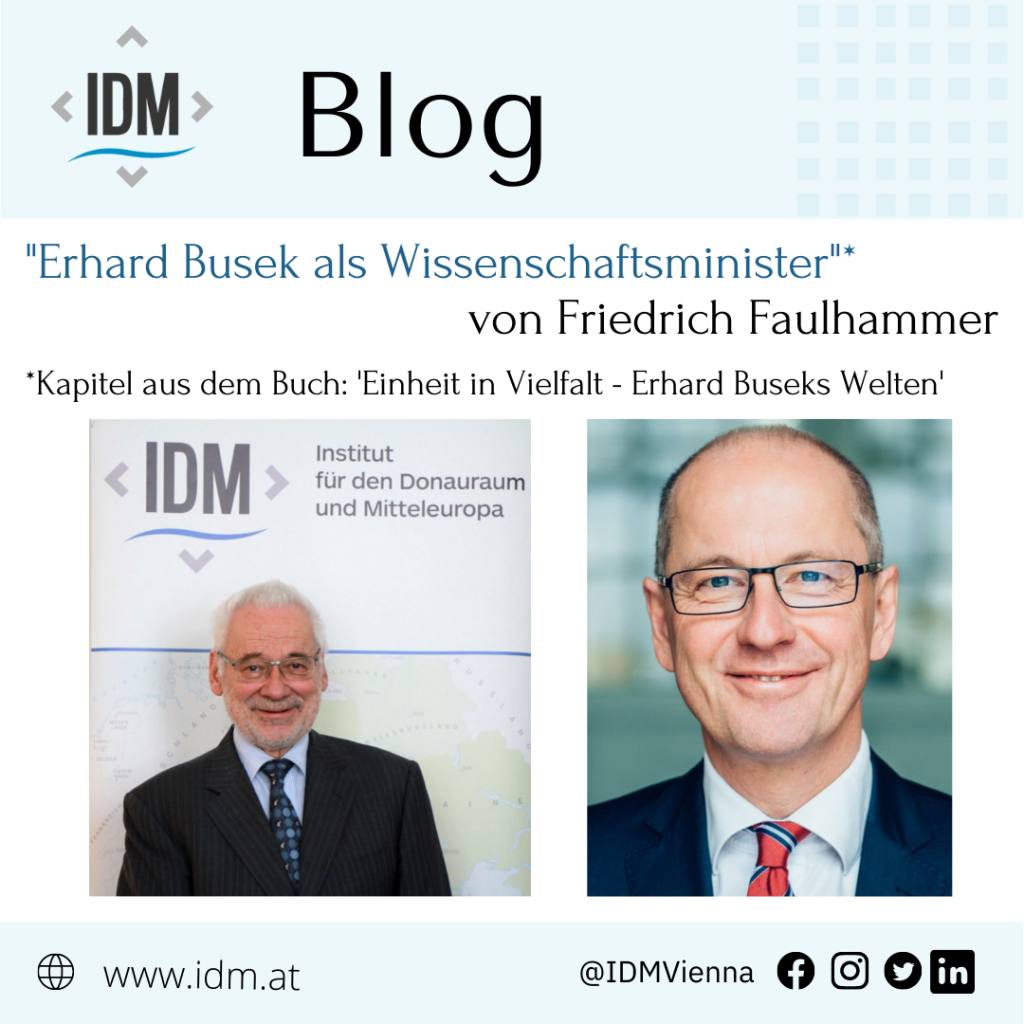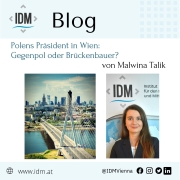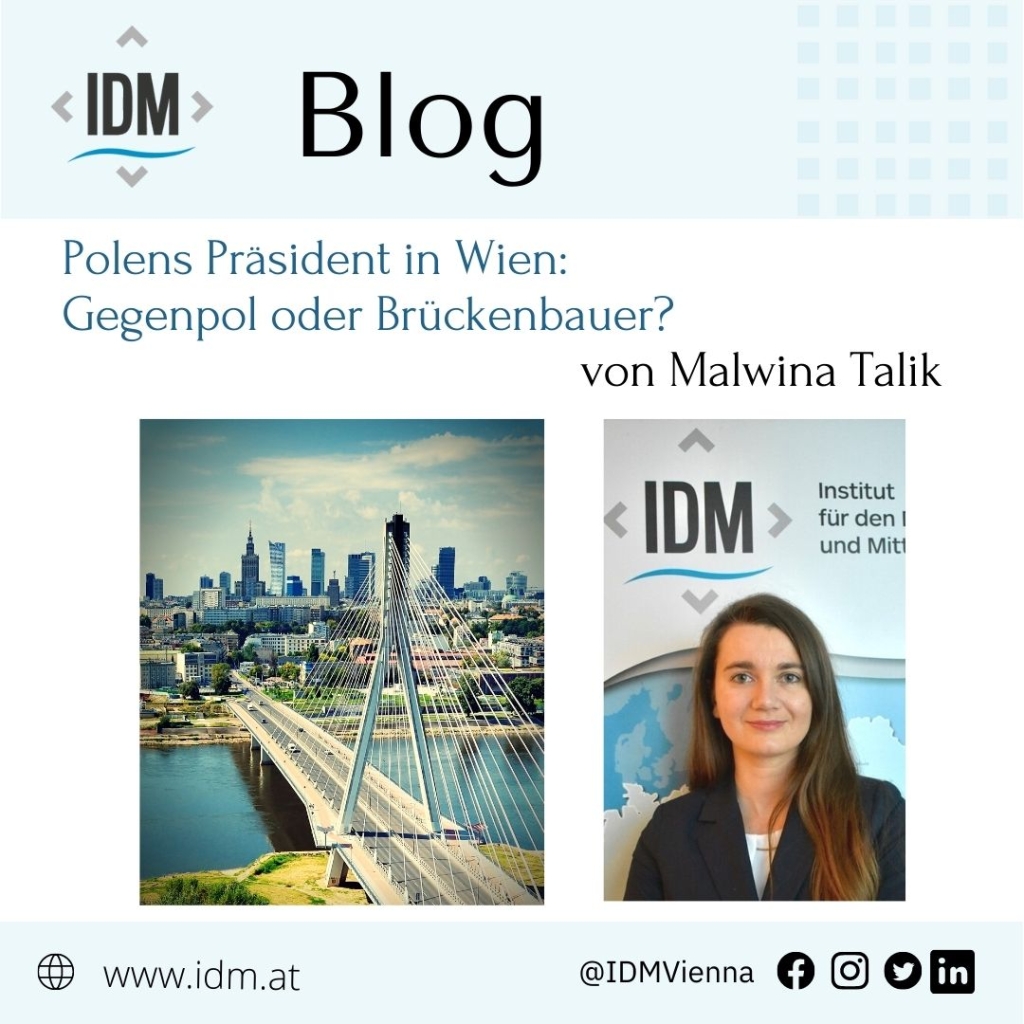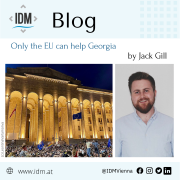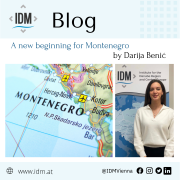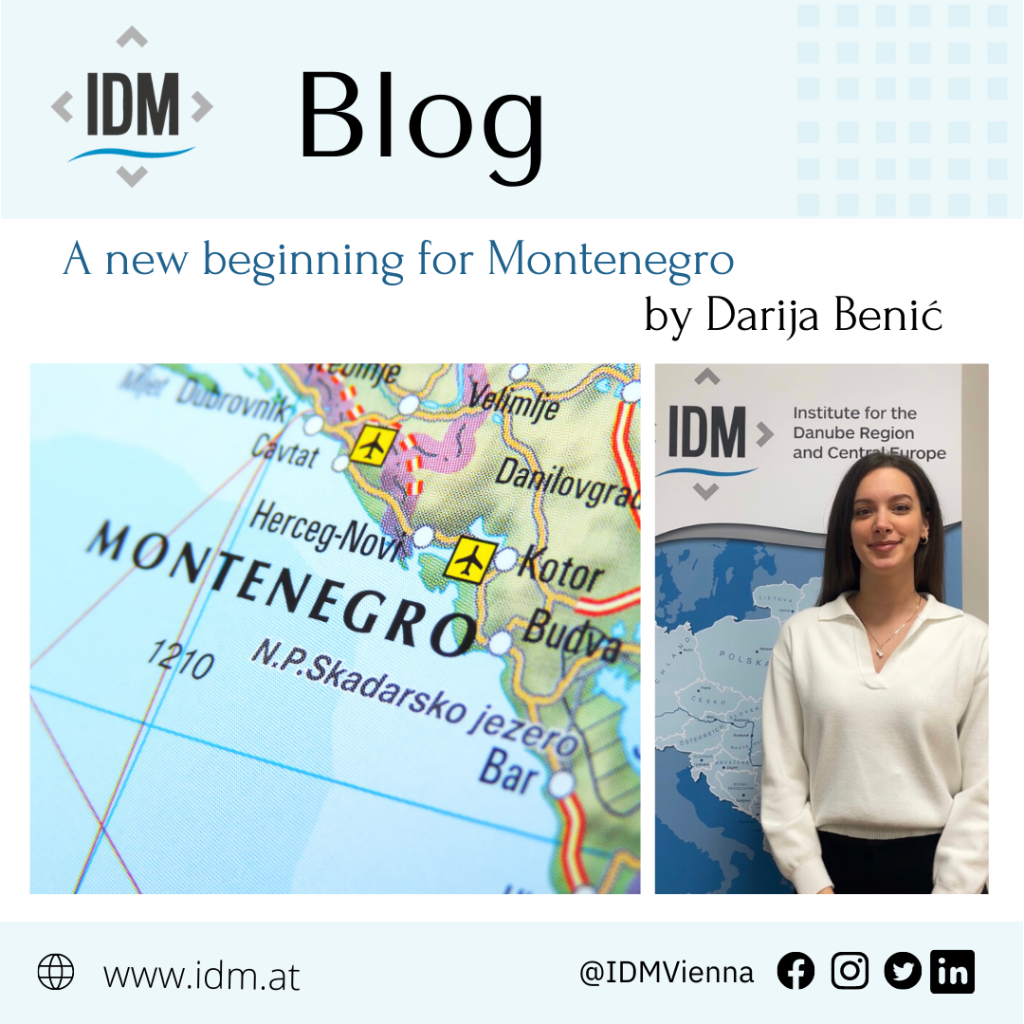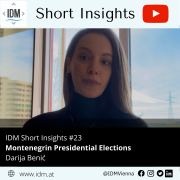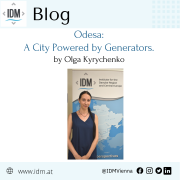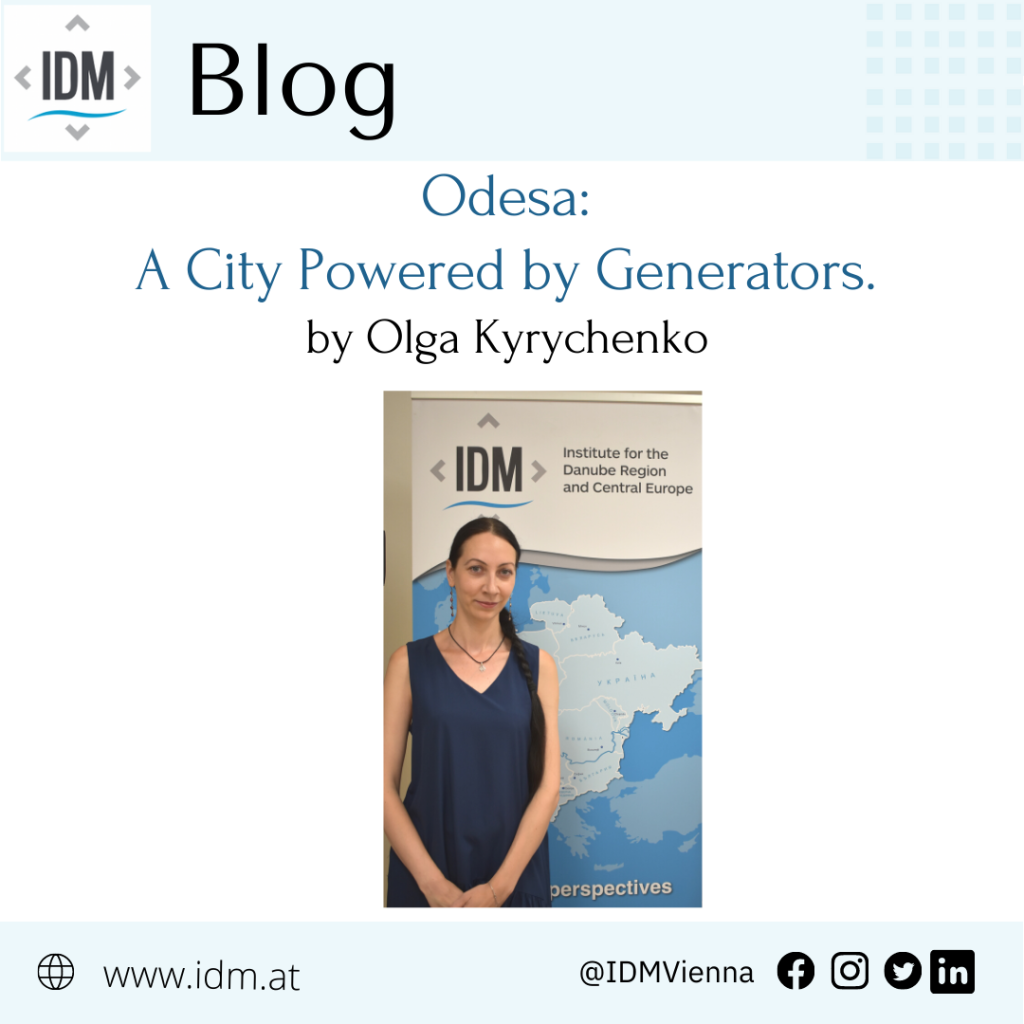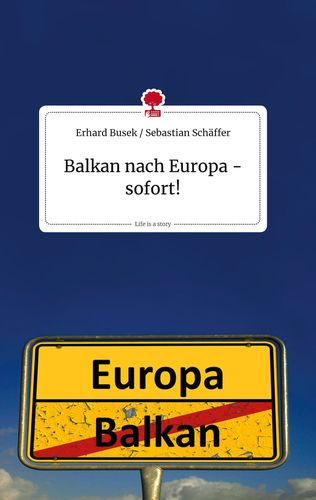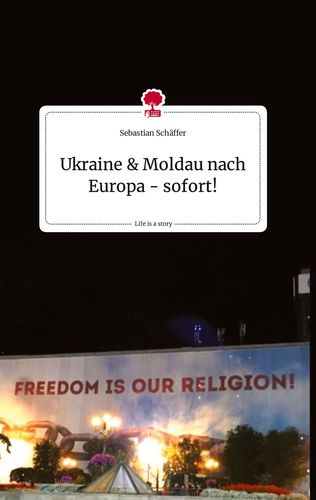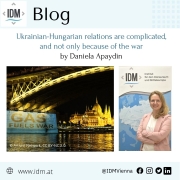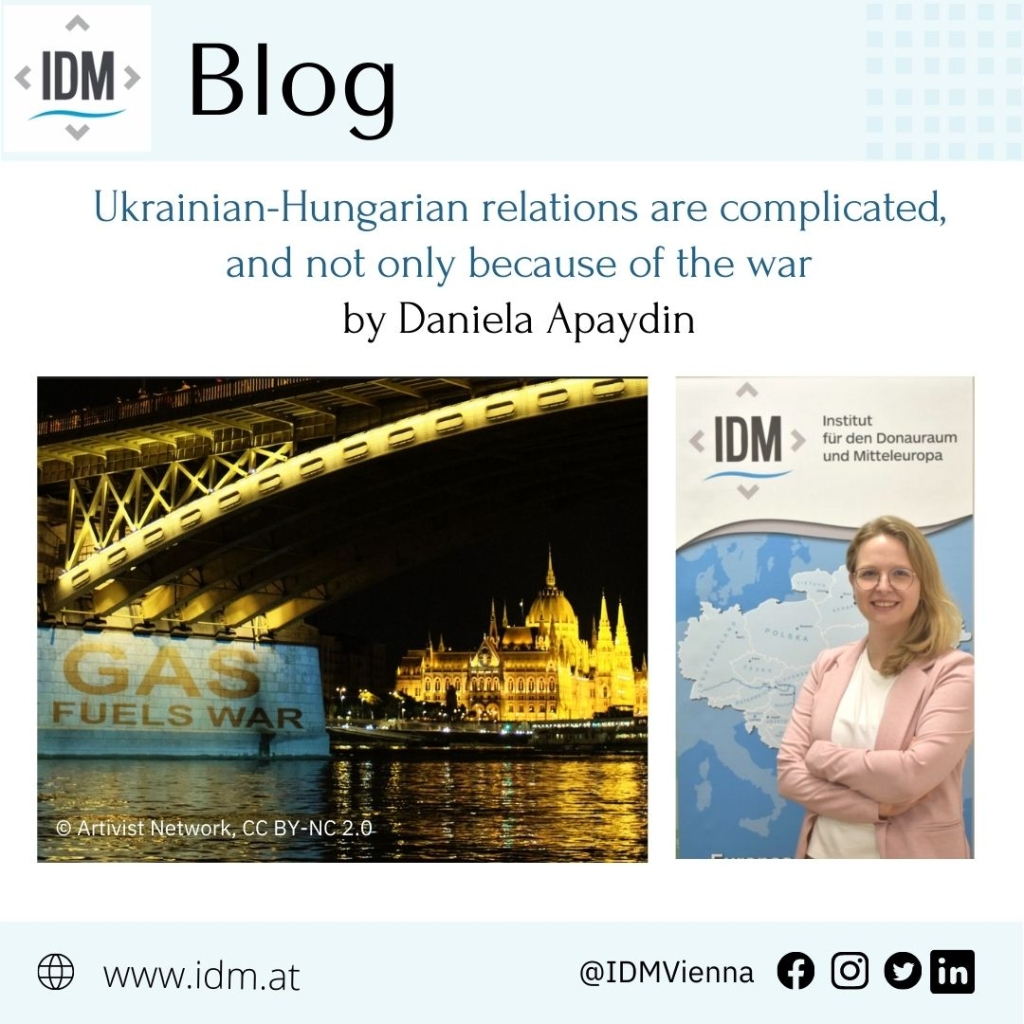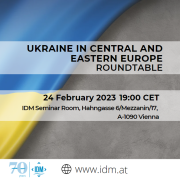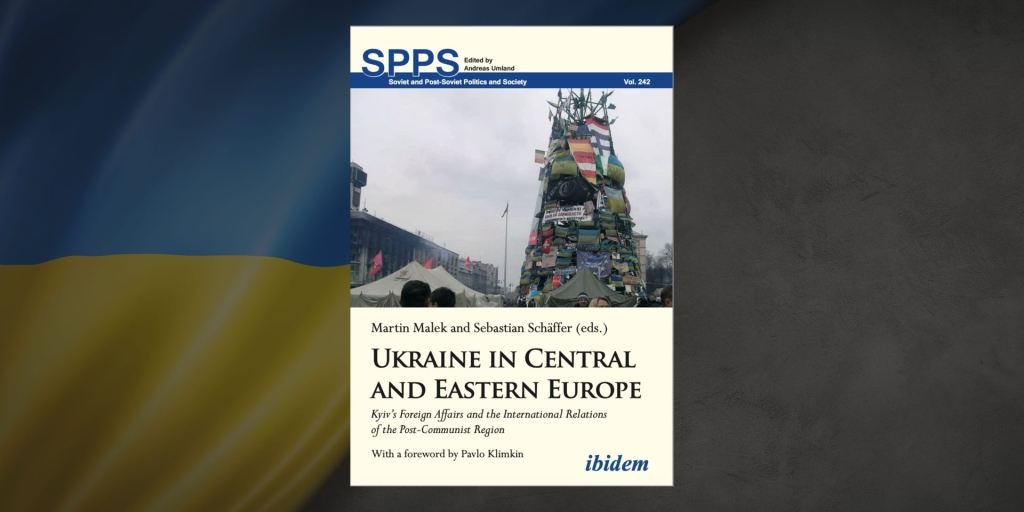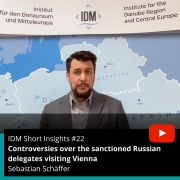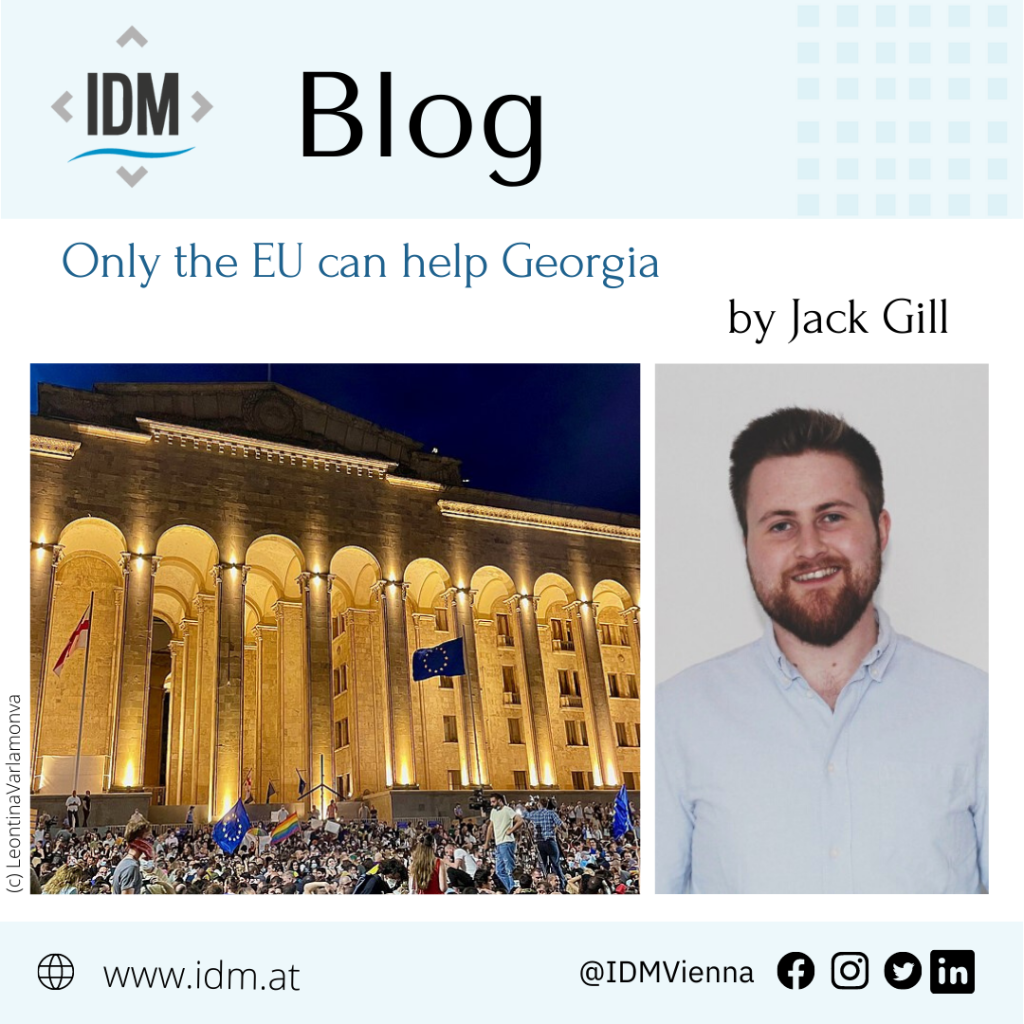
Is the EU Georgia’s only hope? Our colleague Jack Gill (IDM) looks beyond the recent attempts of Georgian ruling party to introduce a bill that would muzzle NGOs and analyses both internal and external factors that have been undermining the democratisation process in Georgia.
The recent attempt by a number of members of the ruling party in Georgia – Georgian Dream – to introduce a Russian-style law against “foreign agents” was seen by many as a push in an authoritarian direction by the Georgian government. The draft law, which was quashed soon after going public, sought to crack down on civil society organisations that are critical of the government, as well as other sources of power in Georgia, such as the Georgian Orthodox Church. It would do this by requiring “non-government organisations (NGOs) that receive more than 20% of their funding from abroad to register with Georgia’s Justice Ministry as an “agent of foreign influence”. (“Georgia’s parliament drops ‘foreign agents’ bill”)
Georgian Dream
Georgian Dream, which billionaire oligarch Bidzina Ivanishvili founded in 2011, came to power in 2012 on the basis, among other things, of pursuing more pragmatic relations with the Russian Federation after the hostility between the two countries during the presidency of pro-western politician Mikheil Saakashvili (2004-2013). Ivanishvili became prime minister in October 2012, and though he stepped down from this role just 13 months later, it is widely believed that he has been the de facto ruler ever since.
Since coming to power, Georgian Dream has nominally continued the pro-western foreign policy of its predecessor, Saakashvili’s United National Movement (UNM), signing the Association Agreement with the European Union in 2014, while also warming relations with the Kremlin. After the UNM’s trade and travel embargo on Russia, Georgian Dream reopened trade and travel between the two counties.
But since the full-scale Russian invasion of Ukraine last February, Georgia’s leadership has had to tread carefully internationally. The country did not join international sanctions against Russia, leading many in Georgia to question the extent of the party’s closeness to the Kremlin. Of course, Georgia’s hesitancy is somewhat understandable given its position and history; the country felt the sting of a Russian invasion in 2008 and it does not fall under the NATO security umbrella. All this is in addition to being a small country of 3.7 million with a physical border with, and territories occupied by, the Russian Federation. Nevertheless, Georgia’s society has demonstrated itself to be one of Ukraine’s strongest supporters, and many Georgian soldiers have left to fight alongside their Ukrainian counterparts.
But after 10 years of Georgian Dream rule, the country’s pro-western direction has to certain a degree stagnated and moves toward a more authoritarian ruling style are becoming increasingly prevalent. The draft law on “foreign agents” and the subsequent public backlash shows that in spite of the backsliding, Georgia’s pro-western path is so ingrained in society that any deviation or steps toward pro-Russianness are met with immediate and effective societal mobilisation.
Further indicative of Georgian Dream’s democratic backsliding has been its imprisonment of former president Saakashvili, who in a defiant move against his political opponents flew back to Tbilisi from his exile in other parts of Europe, only to be seized by police upon his arrival in October 2021. He was sentenced to 6 years in jail, which he and others criticise as politically motivated. His ongoing sickness and the refusal of the authorities to allow him proper treatment, like Russia’s treatment of opposition politician Alexei Navalny, epitomises Georgia’s ongoing struggle with democratisation under the current Georgian Dream government.
European Failures
This is not only the fault of the Georgian government. The European Union, for its part, excluded Georgia when it granted Ukraine and Moldova – who together with Georgia form the so-called Association Trio – EU candidate status last year. Instead, the EU granted Georgia “the perspective to become a member of the European Union.” As I argued in a previous article on this decision last year, this was a grave mistake on the EU’s part. Accepting the Trio together would have had a far greater symbolic effect and offered an immense push for Georgia’s government and society to meet the reforms required for EU membership. The rejection is jeopardising Georgia’s hard-won achievements in democratisation and westernisation by frustrating the hopes of the pro-democracy elements in Georgian society and strengthening the hostility to these processes. The recent draft law is a symptom of this; Georgia’s ruling class is testing to see what measures to undermine democracy it can get away with. Thankfully, this time they failed thanks to the bravery and organisation of the pro-democracy protesters, who defiantly held up the EU flag against police water cannons, but next time they may not be so lucky.
What further undermines Georgia’s reforms is that on 14 March the Council of Europe’s Venice Commission announced that it would refuse to support Georgia’s draft law on de-oligarchisation, which is modelled very closely on similar legislation in Ukraine that faced equal criticism. The law would seek “to identify so-called “oligarchs” through specific criteria, such as wealth and media ownership, to publicly label them as “oligarchs” and to subject them to series of blanket limitations that include exclusion from the financing of political parties or activities, exclusion from privatisations of public property, etc.” (Georgian draft law on de-oligarchisation: Supporting the goal of limiting excessive influence of oligarchs, Venice Commission calls for systemic reforms) More effectively, it would make it compulsory for politicians to make public their meetings and dealings with designated oligarchs. But though the criticism from the Venice Commission is valid from a West European perspective, namely the concerns that the law could lead to “high risks of human rights violations and arbitrary application, potentially harming political pluralism”, this fails to consider the severity and acuteness of oligarchic influence and control in these post-Soviet states. Serious and radical reform is necessary if these countries are to “de-oligarchise”, and applying such standards now could lead to these reforms failing to get off the ground.
Why Georgia Matters
People often underestimate the importance of what Georgia has achieved in the last 20 years. Most post-Soviet states, with the notable exception of the Baltic States, remain authoritarian and corrupt, relying on the exploitation and expropriation of their public resources. Despite the post-Soviet legacy and extractive political and economic institutions, Georgia has made the most remarkable progress in developing. When Mikheil Saakashvili came to power in 2003, Georgia was practically a failed state, riddled with corruption. His seismic reforms, implemented after the pro-democratic Rose Revolution, led to massive reductions in corruption and increases in state power and foreign investment, as well as the improvement of public services. Through his painful but necessary reforms, Saakashvili and his government made the fundamental changes that put Georgia on the path to becoming a successful, prosperous European nation.
Now he is wasting away in a Georgian prison, a victim of his political opponents and their growing authoritarian aims to abolish political opposition. Unless the EU offers the Georgian people the motivation they need to carry on reforming, by granting them EU candidate status, the country risks being consumed by its post-Soviet legacy.
Jack Gill is a research associate at the Institute for the Danube Region and Central Europe (IDM) in Vienna. His expertise lies in the countries of the EU’s Eastern Partnership, especially the South Caucasus, as well as geopolitics, security and national minorities in Central and Eastern Europe.
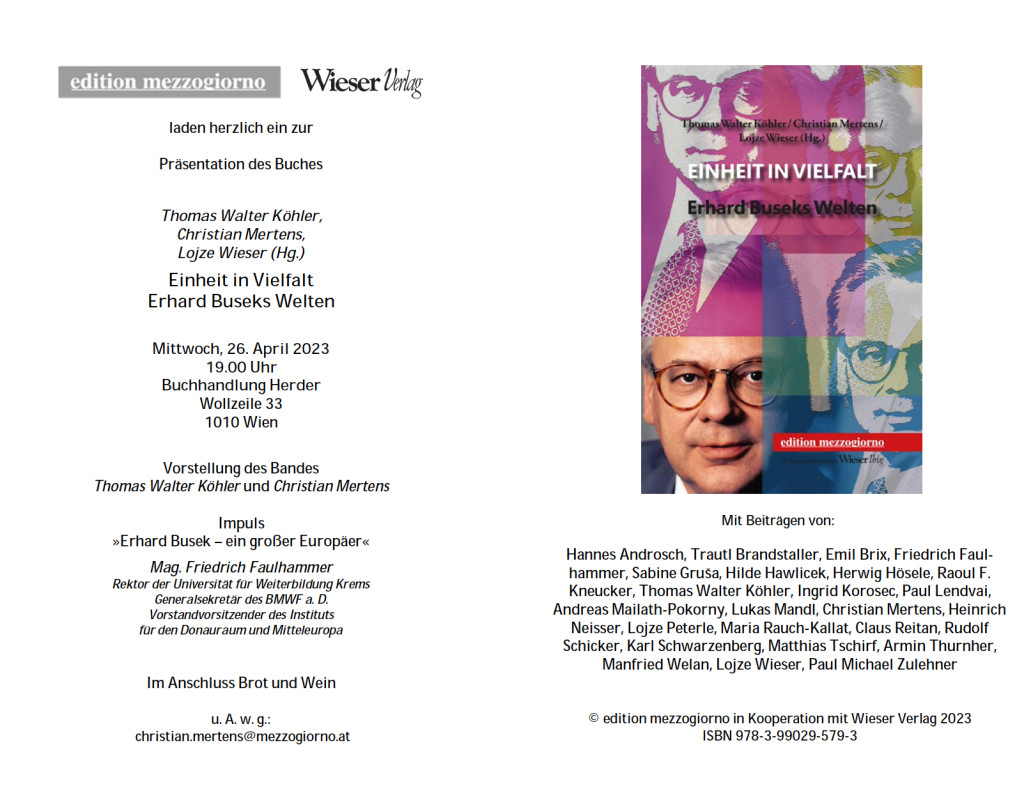
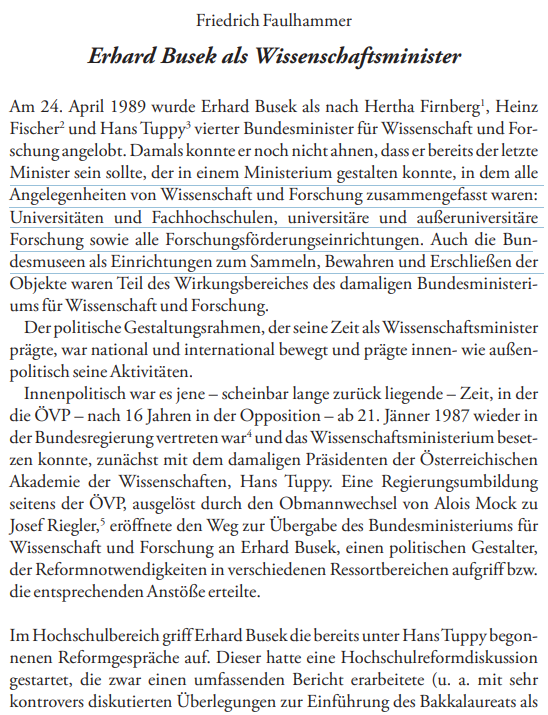
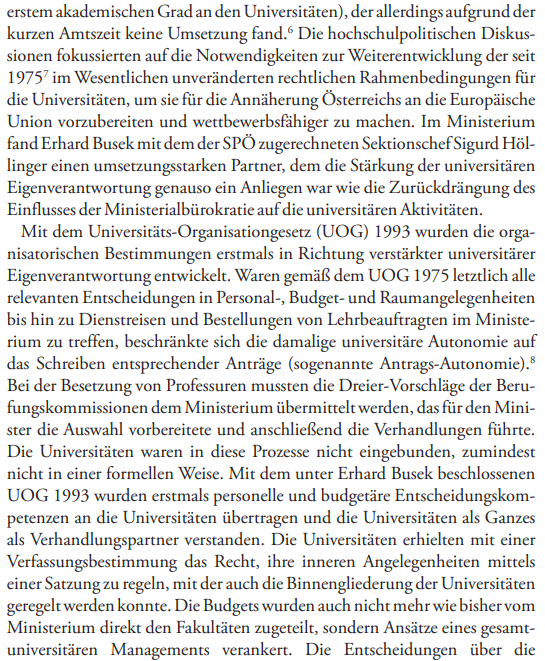
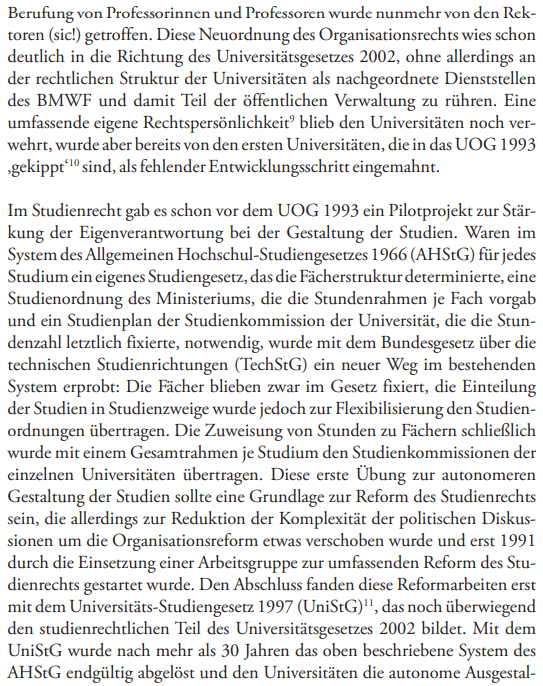
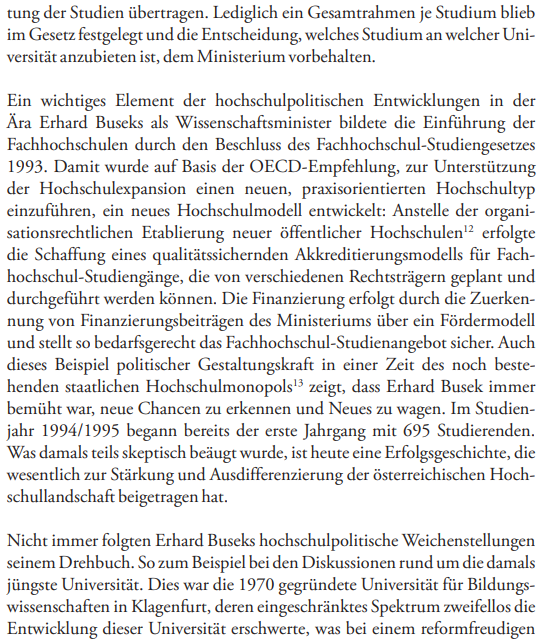
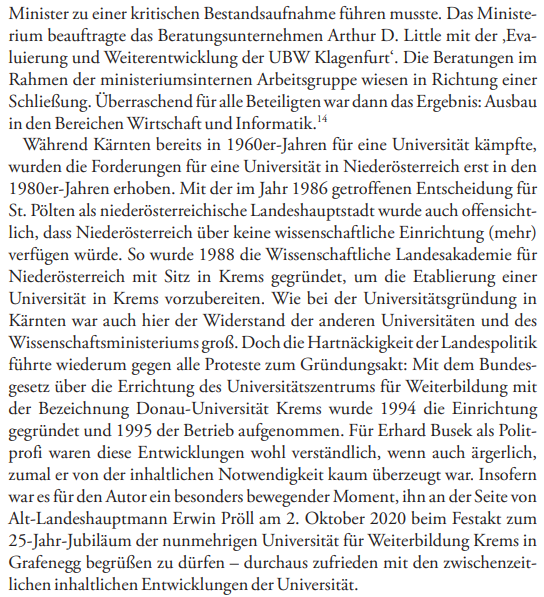
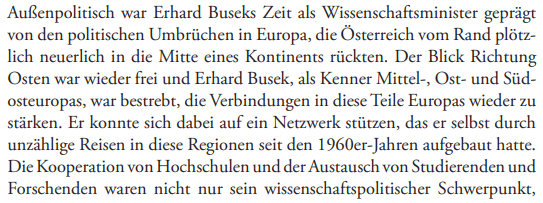
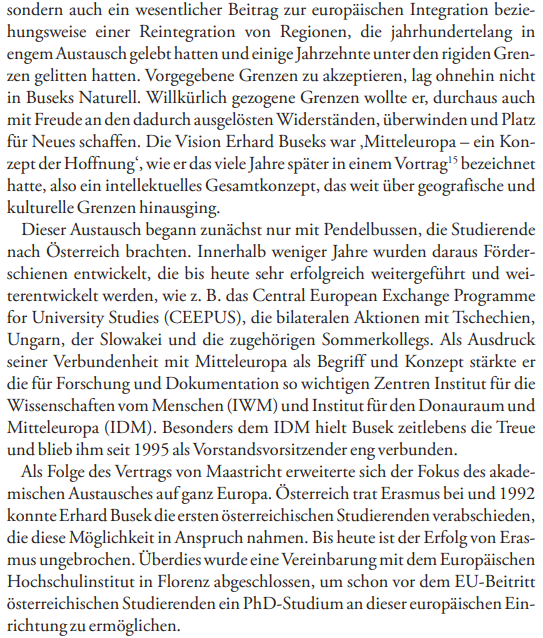


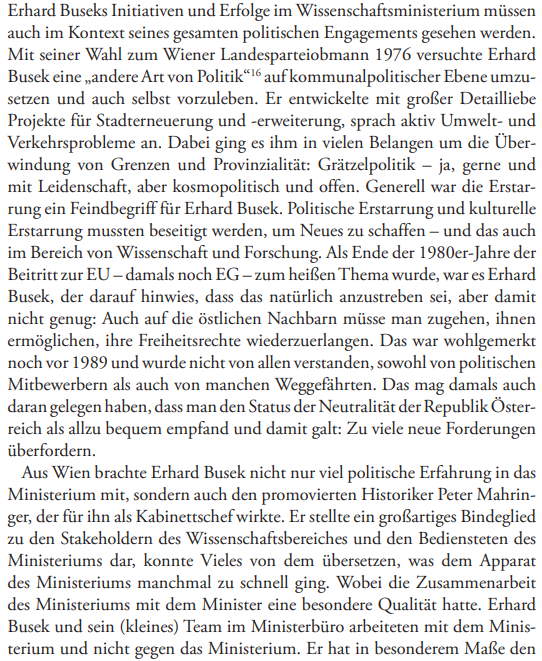
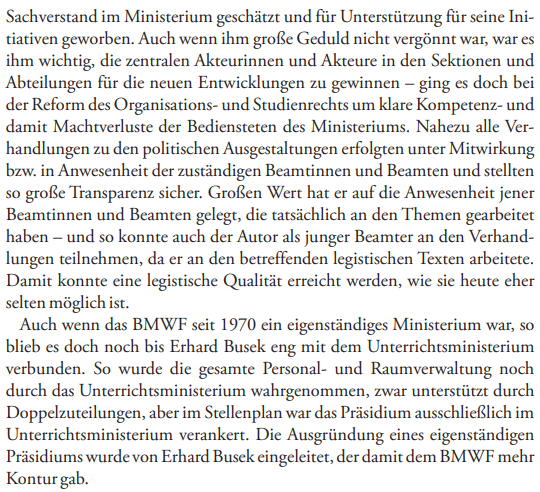
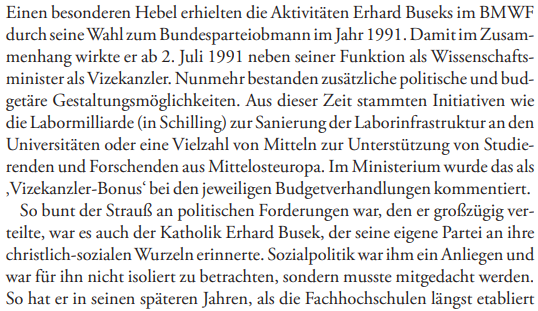
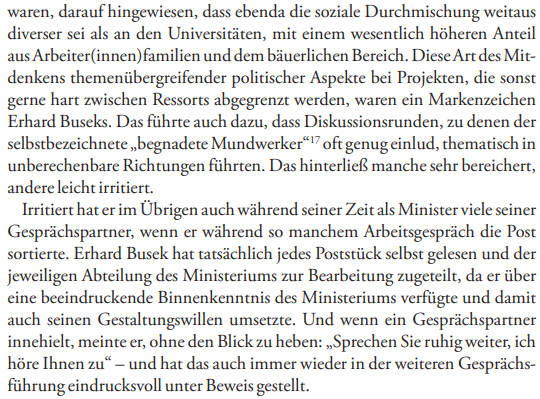
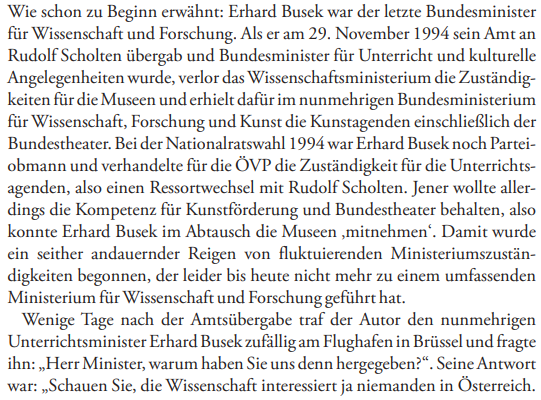
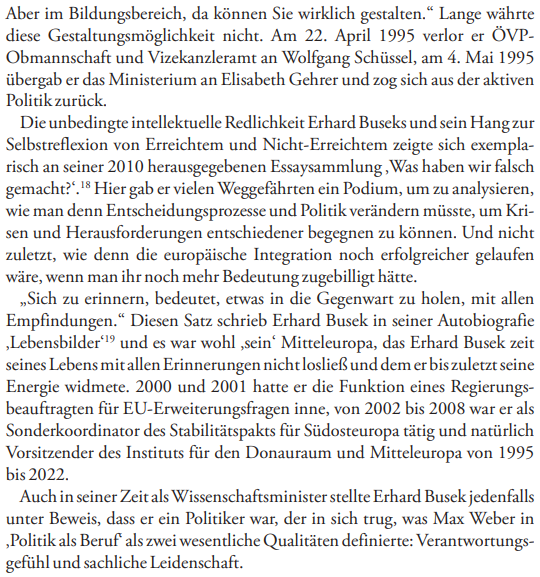

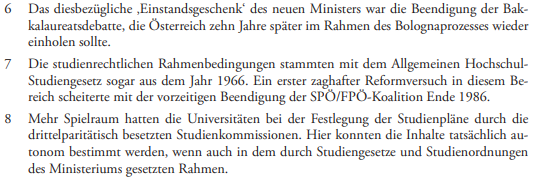

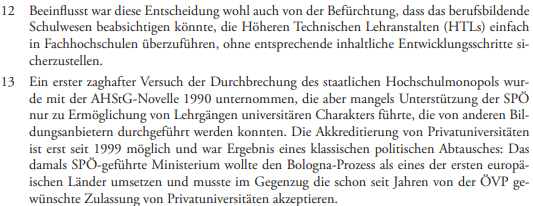
![]()
![]()
![]()
![]()


